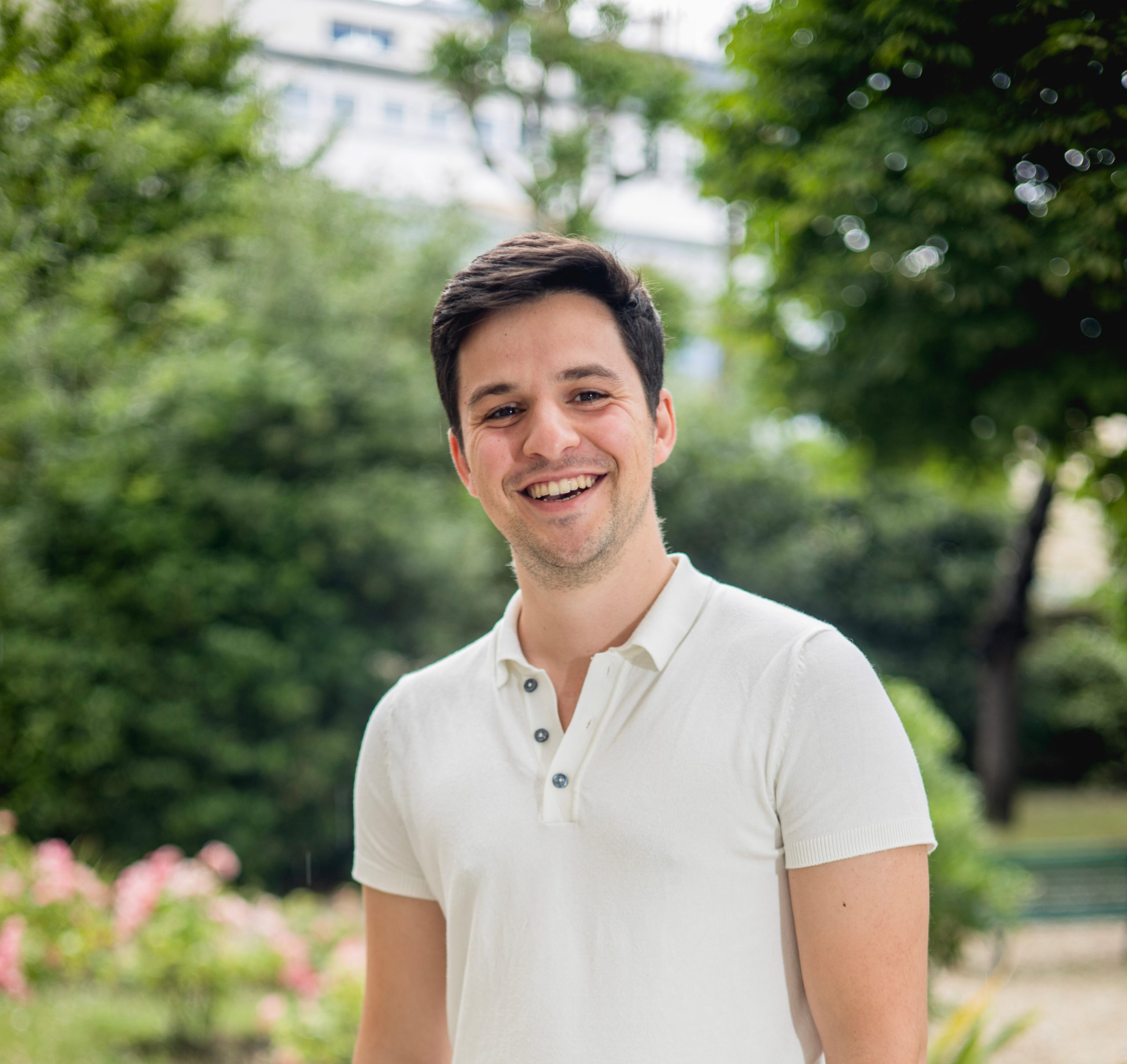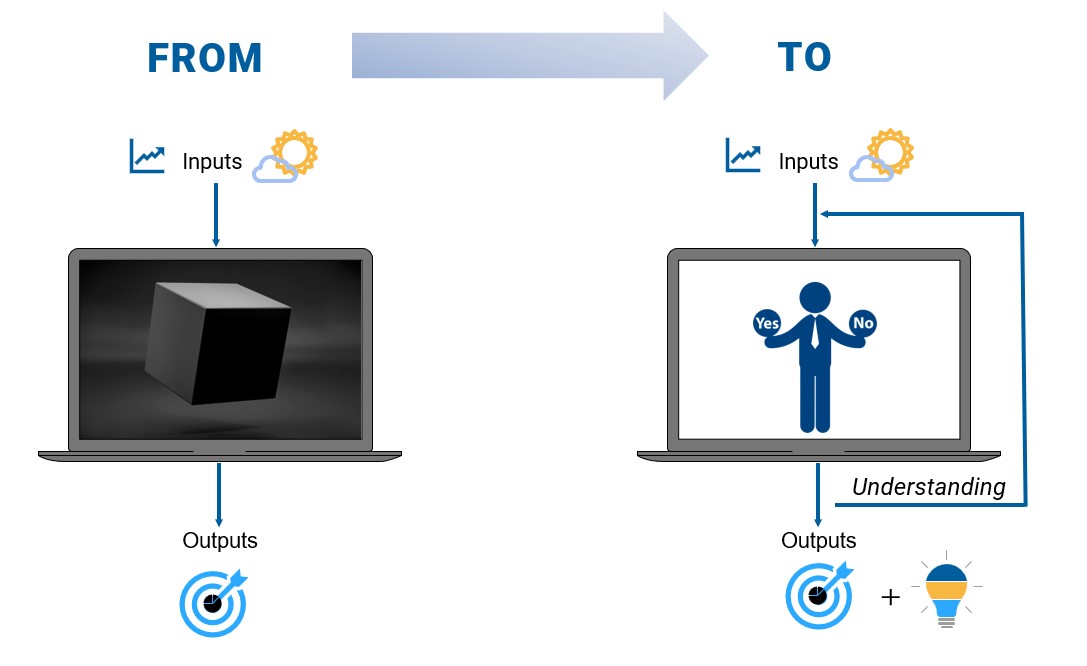Improving the interpretability of artificial intelligence tools in the energy sector

Selected from more than 200 applications, Konstantinos has joined the AI4theSciences programme, supported by PSL University, which aims to co-finance 26 PhD contracts at the interfaces of Artificial Intelligence. AI4Sciences is supported and co-funded by the European programme Horizon 2020 – Marie Skłodowska-Curie Actions – COFUND.
His co-tutored thesis with the Institute for Science, Technology and Computer and Systems Engineering INESC TEC in Portugal, aims to design an algorithm that will make artificial intelligence more explicable, transparent and reliable for the energy sector.
In the context of the energy transition, electricity grids and energy markets are more and more integrating weather-dependent renewable energies. As a result, the operational management of these networks and markets is becoming increasingly complex. These resources are inherently disruptive to the functioning of energy systems, and climate change will further challenge our electricity grid in the future, frequently causing extreme events that directly affect our energy production.
To better optimise, predict and exploit this ongoing complexity, energy players are progressively using complex tools based on Artificial Intelligence (AI). These tools are often referred to as “BlackBox” models due to their inability to provide a clear explanation of how they arrive at an accurate prediction or decision solution. Therefore, network and market operators need a new generation of AI tools that they can trust more, especially through the ability to interpret the output of these tools.

Konstantinos’ research will attempt to answer the questions of energy stakeholders by proposing reliable and explainable AI-based solutions for a range of problems such as renewable energy forecasting, predictive grid management or renewable energy participation in multiple energy markets. The proposed methods will eventually lead to a better acceptability of AI in the energy sector and will have the potential to be implemented in other critical decision-making sectors such as health, law and governance systems.
More about Konstantinos Parginos
On his background
After his Engineering studies in Greece, Konstantinos has been selected in the Board of European Students of Technology Course and followed two courses in Spain and then in Russia, on Renewable Energy Sources and Internet of Things. In 2019, he joined ENTSO-E where he has coordinated and developed the pan-European market modelling database, in parallel of its academic cursus (Florence School of Regulation and Delft University).
Konstantinos began his co-supervised thesis in September 2021 at the PERSEE Mines Paris – PSL Centre (Pierre Laffitte Campus, Sophia Antipolis), supervised by Georges Kariniotakis, head of the Renewable Energies and Intelligent Electrical Systems research group, Simon Camal, research engineer at the Centre, and Ricardo Bessa of INESC TEC.
On his research interests
Modelling of energy market and integration of renewable energy, socio-economic sciences.
On choosing Smart4RES and ARMINES Mines Paris-PSL for his research
While working at ENTSO-E, Kostantinos worked with several students from Mines Paris-PSL and was impressed by their advanced knowledge and high-level skills both in the academic and professional world. It was therefore obvious to him to pursue his career path and quench his thirst for knowledge by joining the school.
Where he sees himself in 5 years
Convinced that research is the way to turn ideas and dreams into reality, Konstantinos would like to continue to use his skills to further his commitment to the fight against climate change and pursue a career combining research and industrial applications.
On Mentors with an impact
On a more personal note, Konstantinos mentor throughout his life is his grandfather.
“Since my early childhood, he motivated me to always take a step further and never give up. He taught me to stay up to date and alert of the latest technological achievements, conflicts, and news around the world while being my source of motivation to contribute and make a positive impact on this progress. I’m impressed that his favourite activity now, at the age of 86, is trying to find articles on topics like Artificial Intelligence and Climate Change in an attempt to understand the problems of my thesis and keep up with meaningful conversations, even though he never studied not even used a computer in his life. His thirst for knowledge inspires me to stay curious and keep trying to find answers!”
